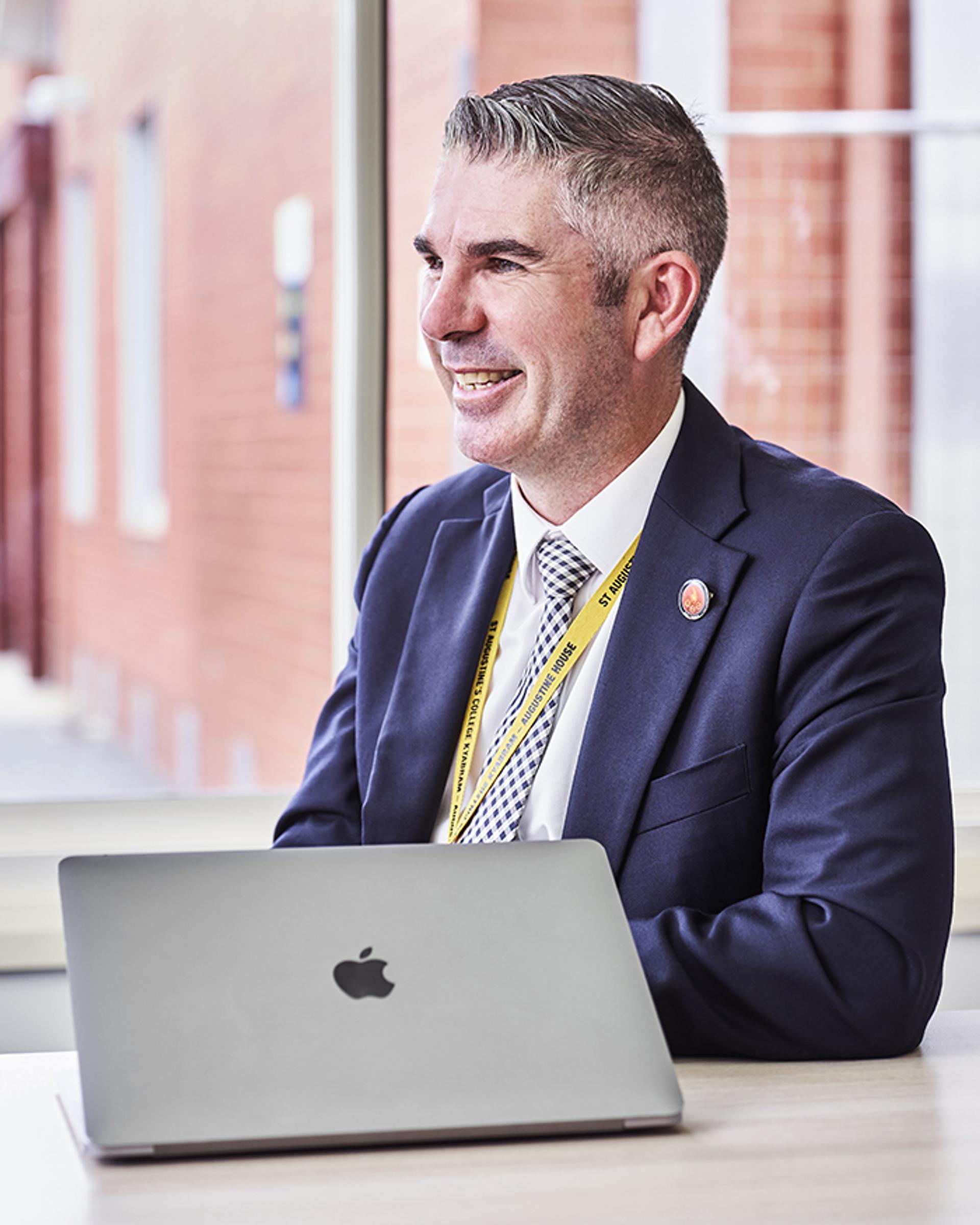From Tim Campbell
Deputy Principal - Student Learning and Professional Practice

From Tim Campbell
Deputy Principal - Student Learning and Professional Practice
The Grattan Institute Australia recently released a report called “The Reading Guarantee: How to give every child the best success”, which states that one third of Australian children cannot read proficiently. The report highlights that “students who struggle with reading are more likely to fall behind their classmates, become disruptive and drop out of school” and “are more likely to end up unemployed or in poorly paid jobs.” The report goes on to explain what educational institutions should commit to in order to improve children’s reading levels so that they may achieve greater success.
However, this information provided by the Grattan Institute is not new to our school community and in fact, we have adjusted, implemented and embedded strong evidence-based literacy practices over the past three years, which has had an incredible impact on our students’ learning. Whilst we have been significantly impacted by events such as COVID-19 and floods, our commitment to implementing our ‘Science of Reading’ structured literacy practice along with high impact strategies, continues to provide our students with the best teaching methods so that all our students can become proficient readers. For the past three years, we have been able to embed these practices and deliver our lessons with high collective teacher efficacy and consistency which has resulted in an improvement in student proficiency levels. The following are examples of this work in action:
Whilst this data is excellent and demonstrates improvement in our students’ reading level proficiencies, please note that we are on the journey and expect to improve these levels even further in the coming years, with the ultimate goal of having 90% of all our students at or above proficiency levels for their reading. The school is equally committed to identifying students with additional needs and providing explicitly taught intervention lessons to assist those that require additional help, using evidence based practices. This commitment also includes the ongoing work with educational experts such as Emina McLean (Australian English and Language expert) and Dr Ryan Dunn (Senior lecturer at The University of Melbourne) to assist us in providing the best possible learning opportunities for our students.
The work has been challenging; however, our commitment to improving the learning outcomes for all our students has always been and will continue to be the drive and passion for our work now and into the future.
On Thursday 7th March, more than 80 senior students from Catholic Colleges in Echuca, Nathalia, Shepparton, Kyabram, Myrtleford, Kialla, Wangaratta, Benalla and Wodonga travelled to The Woolshed in Kialla to attend the fifth annual Student Ethical Leadership Day.
Each year, the students come together to share ideas, to learn about themselves and others and to hear from guest speakers who educate, encourage and inspire. It is also a valuable opportunity to meet other young leaders from colleges in the Sandhurst Diocese.
With engaging guest speakers including Kate Fogarty, the Executive Director of Catholic Education Sandhurst Ltd, the day was off to a fabulous start.
A workshop with Kate Wilde from ‘The Human Development Workshop’ provided valuable insight into the importance of experiencing leadership opportunities at school and what it means to develop social responsibility as individuals, citizens and as family and community members.
This is a learning day for students, but it is also a day that shows very clearly how young leaders can inspire others through their actions, champion causes they believe in and advocate for positive change. They understand the challenges facing their generation and are proactive in finding solutions, leveraging technology and connectivity to drive progress.
Congratulations to all the student leaders who participated in this day and to Tim Campbell from St Augustine’s College Kyabram and Leonie Irwin from Catholic Education Sandhurst Ltd, for facilitating a day that supports the young leaders in our schools, colleges and broader communities.


Tim Campbell
Deputy Principal
Student Learning & Professional Practice